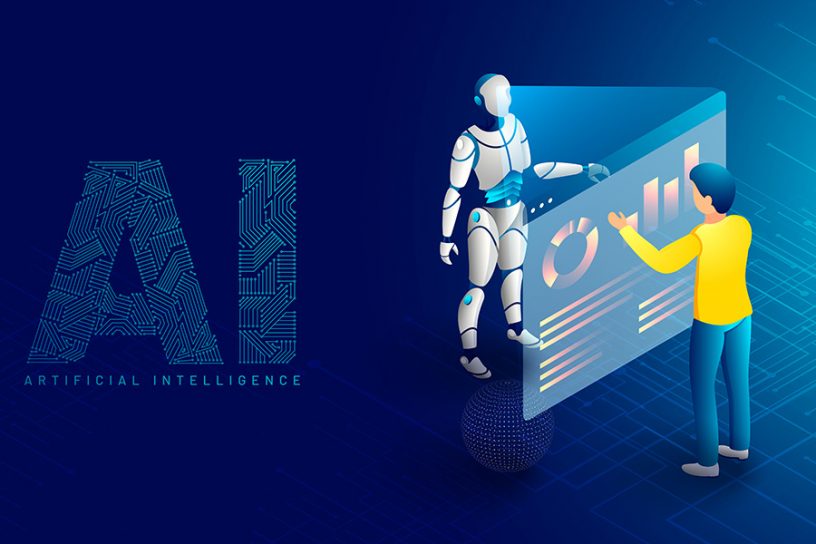
Arbitration and technology should – and eventually must – interact or “tango,” argue the authors.
Authors
Derick H. Lindquist, Professor and Dean, Jindal School of Psychology & Counselling, O.P. Jindal Global University, Sonipat, Haryana, India.
Ylli Dautaj, Senior Research Associate, Jindal Global Law School, O.P. Jindal Global University, Sonipat, Haryana, India.
Summary
Technology is rapidly changing the way in which law is practiced. The legal profession in its entirety, including arbitration, will feel the effect of technological advancements such as Al and Legal Tech.’ Two of the main reasons for arbitration’s quiet triumph in legal civilization are “efficiency” and “access to adjudication”. As a result, “[b]ecause it works, private arbitral adjudication usurps [in some respects] the role of judicial litigation”.
In a similar vein, arbitration infused with AI, Legal Tech and virtual platforms (“Arbitration 2.0”) can further enhance efficiency and access to adjudication. When Arbitration 2.0 is sophisticated enough, and the desire to fully utilize it is present, it might be, like arbitration itself, impossible and unwise to deny. Therefore, we argue, arbitration and technology should – and eventually must – interact or “tango”.
It is true that we must reject, to some degree, fundamental values of the rigid legal system as we know it, otherwise legal civilization will not survive. It is also true that when the market speaks with a strong voice, consumers often demand access to such advances. Indeed, merchant vigilance and commercial efficiency have been important ingredients for Western success. Open and free markets, where innovation can flourish, has proven superior for economic growth and political and legal stability.
Published in: Bocconi Legal Papers, 14. pp. 217-250.
To read the full article, please click here.


